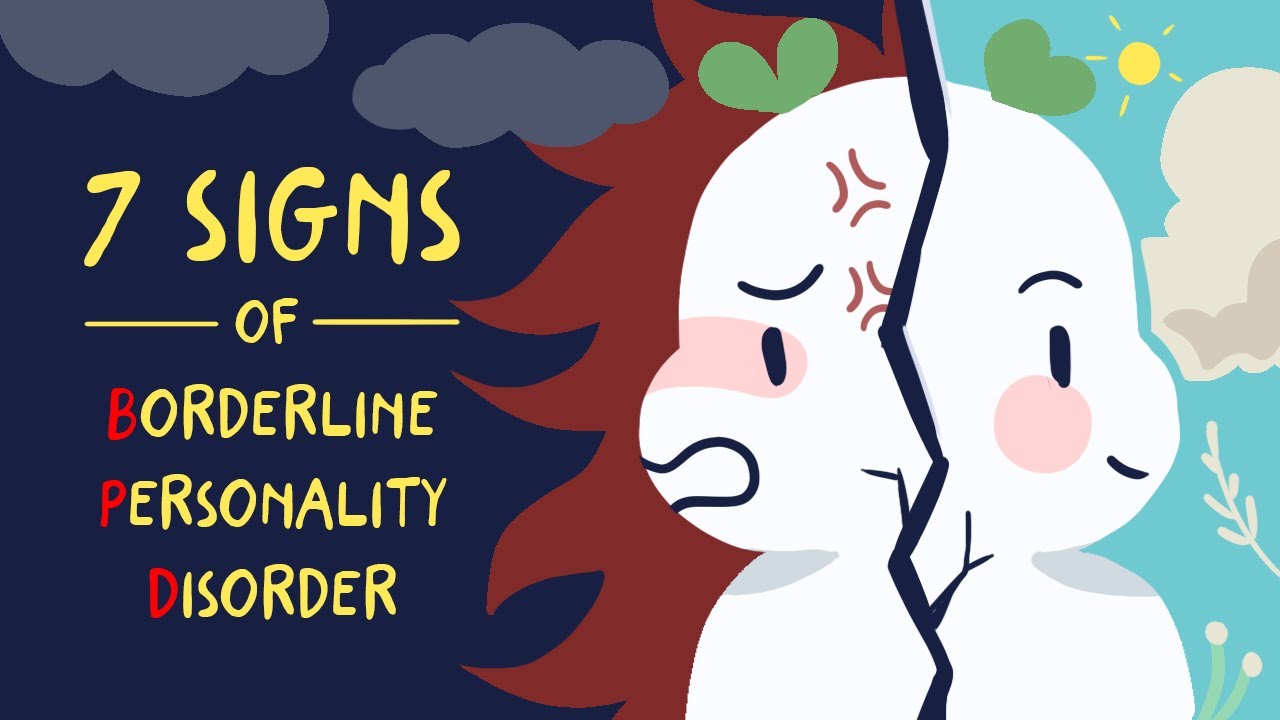Borderline personality disorder (BPD) is a type of personality disorder that affects about 1-3% of the population. People with BPD struggle with self-image, and their behavior and view of others can change quickly as they battle waves of sadness, anger, or anxiety. According to the National Institute of Mental Health, BPD may be linked to traumatic events, brain chemistry, and family history, but these factors aren’t always present in people with the disorder.
Hidden, or quiet, BPD occurs when symptoms of BPD are present, but internalized (Healthline, 2020). Because symptoms of hidden BPD are not displayed outwardly, it can be difficult for someone without BPD to understand that a friend, partner, or family member’s actions are due to borderline personality disorder and not a toxic personality or a different mental disorder like anxiety.
Disclaimer: Do not use this video as a self-diagnosis. But If you see yourself with these symptoms, it’s best to consult a professional.
#bpd #hiddenbpd #borderlinepersonalitydisoder
Hope you find this video helpful! Please share it with someone who might need it!
Important:
National Suicide Prevention Lifeline: 800-273-TALK (800-273-8255)
TTY: 800-799-4TTY (800-799-4889)
Crisis Text Line: Text HELLO to 741741 (US and Canada) or 85258 (UK)
Substance Abuse and Mental Health Services Administration (SAMHSA): 1-800-662-HELP (4357).
Mental Health and Addiction Insurance Help.
Writer: Carley Swanson-Garro
Script Editor: Rida Batool
Script Manager: Kelly Soong
VO: Amanda Silvera
Animator: Minh Nguyen
YouTube Manager: Cindy Cheong
References:
Berenson, K.R., Gregory, W.E., Glaser, E., Romirowsky, A., Rafaeli, E., Yang, X. & Downey, G. (2016). Impulsivity, rejection sensitivity, and reactions to stressors in borderline personality disorder. Cognitive Therapy & Research 40, 510–521. DOI:10.1007/s10608-015-9752-y.
Healthline (2020, May 28). All about quiet BPD (borderline personality disorder). Retrieved 9 July from https://www.healthline.com/health/quiet-bpd#symptoms.
International Society for the Study of Dissociation and Trauma (n.d.). Dissociation FAQs. Retrieved 9 July https://www.isst-d.org/resources/dissociation-faqs/.
Mayo Clinic (n.d.). Borderline personality disorder. Retrieved 9 July from https://www.mayoclinic.org/diseases-conditions/borderline-personality-disorder/symptoms-causes/syc-20370237.
National Institute of Mental Health (2017, Dec.). Borderline personality disorder. Retrieved 9 July from https://www.nimh.nih.gov/health/topics/borderline-personality-disorder/index.shtml.
Vansteelandt, K., Houben, M., Claes, L., Berens, A., Sleuwaegen, E., & Kuppens, P. (2020). Self-criticism and dependency predict affective variability in borderline personality disorder: An ecological momentary assessment study. Personality Disorders: Theory, Research, and Treatment, 11(4), 270–279. DOI: 10.1037/per0000374.
If you have a story to share about your BPD, feel free to anonymously share with us here:
editorial@psych2go.net
source
